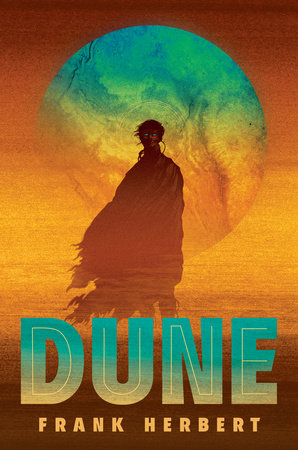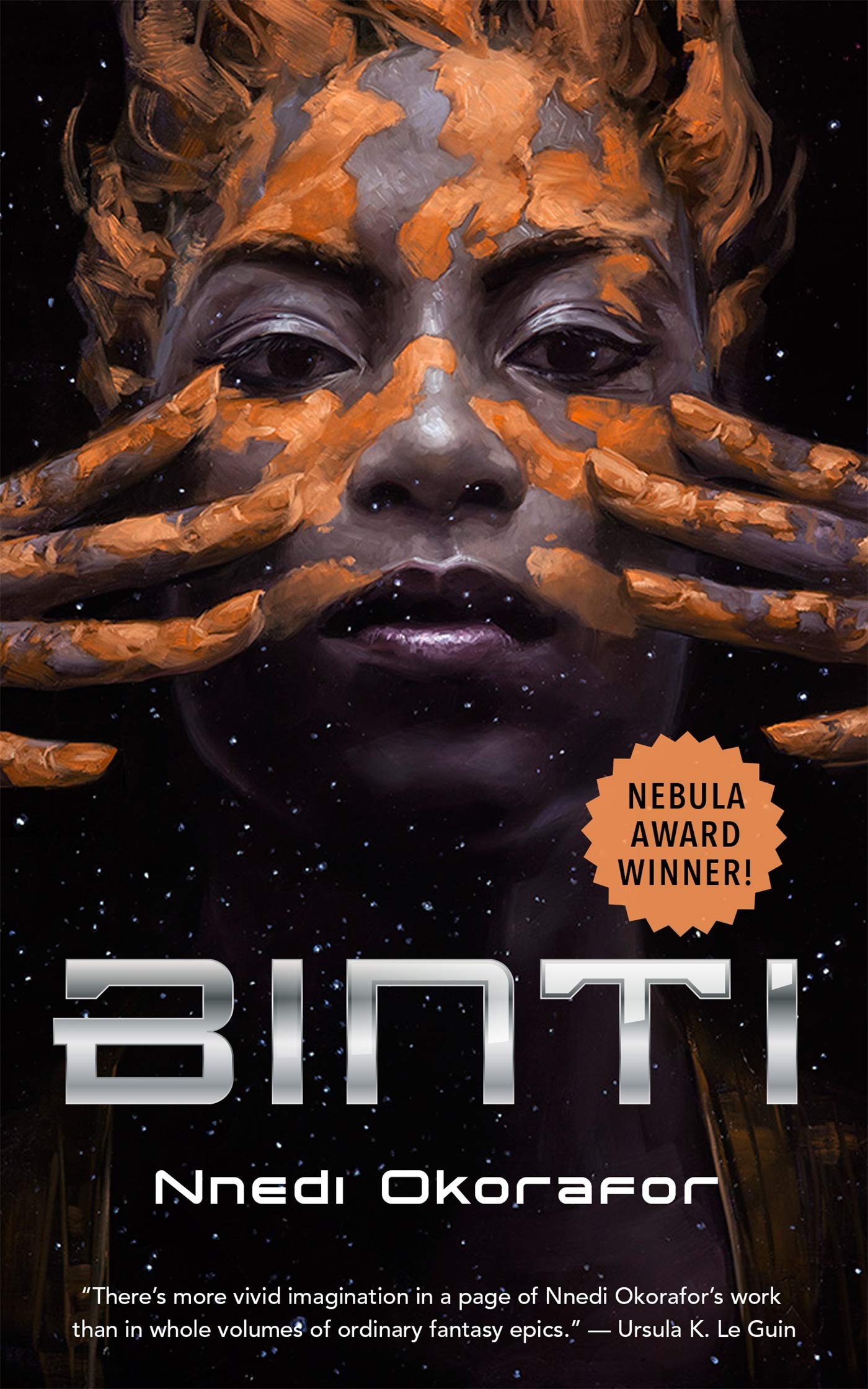Science Fiction Annotation: Master & Apprentice by Claudia Gray

Title: Master & Apprentice
Series: Part of the Star Wars canon book series
Author: Claudia Gray
Publisher: Del Rey Books, April 16, 2019
Page count: 330
ISBN-13: 9780525619376
Genres: Sci-fi, space opera, fantasy, science fantasy
*Ratings: Goodreads: 4.15 / 5 stars (5,399 ratings); Amazon: 4.6 / 5 stars (517 ratings)
*Awards/Merit: Dragon Award Nominee for Best Media Tie-In Novel; New York Times Bestseller
Geographical Setting
Time Period
Series: Part of the Star Wars canon book series
Author: Claudia Gray
Publisher: Del Rey Books, April 16, 2019
Page count: 330
ISBN-13: 9780525619376
Genres: Sci-fi, space opera, fantasy, science fantasy
*Ratings: Goodreads: 4.15 / 5 stars (5,399 ratings); Amazon: 4.6 / 5 stars (517 ratings)
*Awards/Merit: Dragon Award Nominee for Best Media Tie-In Novel; New York Times Bestseller
Geographical Setting
Set in the world of Star Wars as set within the film and book canon. As this is a "space opera," the events occurring in Master & Apprentice take place on multiple planets.
Time Period
A long time ago, in a galaxy far, far away... And there's a helpful chronological timeline at the beginning of the book, showing how the events of Master & Apprentice take place several years before the film Star Wars Episode I: The Phantom Menace.
Summary
Master & Apprentice follows Jedi Master Qui-Gon Jinn and his apprentice Obi-Wan Kenobi, during a time of peace in the galaxy. While Jinn and Kenobi struggle with working together despite their contrasting methods of living as Jedi, Gray introduces a new supporting cast: illicit rock/gem dealers Pax & Rahara (though they wouldn't classify themselves as "bad criminals"), and Jedi Rael Averross & Princess Fanry. As Princess Fanry is not yet of age to assume full power of the Pjal planet, Averross serves as her Jedi guardian and adviser. A political dispute facing Princess Fanry brings this cast of characters together, which reveals a more weighty sinister plot than anticipated. Through swapped narrative points of view, Gray explores what it means to be good or evil, face what one believes, and what it takes to work together in this sweeping installment of the Star Wars canon book series.
Genre
In Hollands (2010) Understanding the Genres, it gives a breakdown of sci-fi and fantasy that helps explain why Star Wars is a fantasy that doubles as a sci-fi. I determine Star Wars can arguably be part of:
Genre
Epic/Quest/High Fantasy (p. 32): Each character has their own mission and personal journey, and are a "collection of heroes" which are the Jedi, who are combating the Sith and other evils on epic scale. Qui-Gon and Obi-Wan are commissioned specific quests/tasks by the Jedi Council. There's also a heavy emphasis on prophesies (like the typical Chosen One).
Science Fantasy (p. 39): While sci-fi is typically an imagined future, fantasy is typically an imagined past, and every Star Wars story begins with, "A long time ago, in a galaxy far, far away..." The term science fantasy is thus a perfect combination that applies to Star Wars, since The Force is a type of magical power that isn't fully explained, coming off as a spiritual, mythic part of the world that also has advanced ships, technology, and space travel. Hollands (2010) included the descriptor, "Advanced technology and magic meet."
Space Opera (p. 39): Master & Apprentice falls into this tag naturally, having three different perspectives from different planets and backgrounds. Plus the characters travel between planets.
Appeal
Story Line: The book closely follows Qui-Gon and Obi-Wan, focusing on their developing friendship and relationship as master and apprentice, but there's also political, moral, and ethical threads of plot added. And, as we all know, there's plenty of books and movies that follow the events of this book, so the events of Master & Apprentice allude to more events to come.
Characters: In addition to Qui-Gon and Obi-Wan's narratives, Gray ties in two other pairing threads of narratives, introducing readers to several new, compelling characters. I think Gray does an excellent job of character development. Plus, keeping the new characters coupled/grouped makes it easier to keep the characters straight while reading.
World building: There's several different cultures, beliefs, creatures, and planets that are featured in Master & Apprentice, so fans of exploring all types of different worlds would enjoy this book. Gray also does her research, and includes speech in different languages of different races.
Star Wars and sci-fi fans: This would appeal to fans of Star Wars, but it would also appeal to sci-fi readers as well, who like elements of fantasy tied in within a mainly sci-fi world. It would help to begin with Master & Apprentice since it takes place first in the book series, strictly chronologically speaking. Of course, it would be easier to be invested into the book with some frame of reference of at least the film Star Wars Episode I.
Themes
Duty; friendship/relationships; trust; fate; right vs. wrong; prophesies; yin & yang (dualism)
Similar Fiction Reads
I admittedly had difficulty finding read-alikes aside from the many other Star Wars books, but after some digging I found some books that might appeal to Star Wars fans!
- The Expanse series by James S.A. Corey. This book was used as the foundation plot for the TV series The Expanse. If a reader wanted to start diving into reading purely sci-fi instead of science fantasy, I'd recommend this series as it has plenty of world building and plot.
- Dune series by Frank Herbert. This would appeal more to science fantasy fans who want to dive into another series.
- Binti series by Nnedi Okorafor. This Afrofuturism series consists of three novellas, which would appeal to those who don't want to commit to a long book series and want something unique. Ursula K. Le Guin's praise is featured on the front of Binti, saying, "There's more vivid imagination in a page of Nnedi Okorafor's than in whole volumes of ordinary fantasy epics."
- A Wrinkle in Time series by Madeleine L'Engle. These are classic science fantasy books written on a juvenile level, but appeals to readers of all ages.
Recommended Non-Fiction Reads
- In Other Worlds: SF and the Human Imagination by Margaret Atwood (2011).
- The Language of the Night: Essays on Fantasy and Science Fiction by Ursula K. Le Guin (1992, originally published in 1979).
- Star Wars and Philosophy: More Powerful Than You Can Possibly Imagine edited by Kevin Decker, Jason Eberl, and William Irwin (2005).
- Be More Leia: Find Your Rebel Voice And Fight The System by Christian Blauvelt (2019).









This is a very thorough annotation. I did not realize there were Star Wars books. I'm sure prequel books like this are popular right now as the films have even been diving into prequel stories.
ReplyDeleteI specifically liked reading your breakdown of which subgenres this book falls under. You had great explanations and supporting points. I also think your list of read-alikes is very useful. Sometimes a big franchise like Star Wars can consume people's interests and they may not think about looking for anything else. Your read-alikes show that there are similar stories out there for those who want it.
I've always wondered what was meant by the term "Space Opera," but I never bothered to look it up before this course for some reason. I love it when fans revolt and reclaim derogatory language. I had no idea the term was initially used to look down on a certain type of book! It seems like almost all genres have suffered from--critics?--not taking them seriously for some reason. You'd think we'd be getting past this as a society by now but unfortunately it still feels prevalent. I was just talking to a woman who is a part-time reading specialist and she limits how many graphic novels her students can read, because they are somehow inferior to "regular books." It seems to happen most in two cases: 1) when the genre is relatively newer, like graphic novels and 2) when the story has mass-market appeal, like Star Wars.
ReplyDeleteFantastic annotation you went all out! I've read some of Claudia Gray's other Star Wars books (Lost Stars) but haven't yet read this one. Your summary is great but your appeals and genre REALLY shine! You really help walk us through why this is the epitome of science fiction. Fantastic job! I also love that you made sure to find readalikes that weren't all Star Wars (which you could have easily done since there are ten billion ones out there). Fantastic job and full points!
ReplyDeleteWhile the crossover between sci-fi and fantasy is growing all the time, I would not categorize Star Wars as sci-fi. Our text states (for fantasy) that magic "does have to be the ordering principle powering the novel." And the magic in Star Wars is the Force. Fantasy also "emphasizes the misty past of legend and lore" and Star Wars occurs "A long time ago . . ." Sci-fi "offers speculation about the future" and "creates worlds that readers accept as possible, even if improbable." And while "Both genres explore the unknown . . . SF offers technical explanations and supports discovery through science and empirical tests--in short, its roots are logical. Fantasy turns to magic for explanations." By these measures, Star Wars is fantasy, not sci-fi. You could call is space fantasy or science fantasy to differentiate it from other "classic" fanatasies, but I wouldn't place it in sci-fi.
ReplyDelete